A silent, surreal parallel between a couple and a dog.
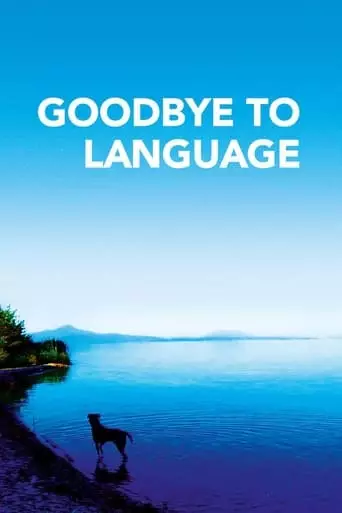
A silent, surreal parallel between a couple and a dog.
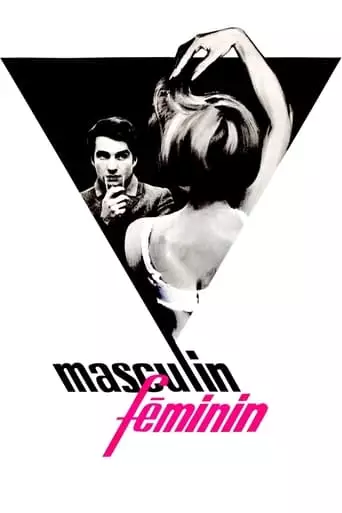
Paul, a young idealist trying to figure out what he wants to do with his life, takes a job interviewing people for a marketing research firm. He moves in with […]

A supposedly idyllic weekend trip to the countryside turns into a never-ending nightmare of traffic jams, revolution, cannibalism and murder as French bourgeois society starts to collapse under the weight […]
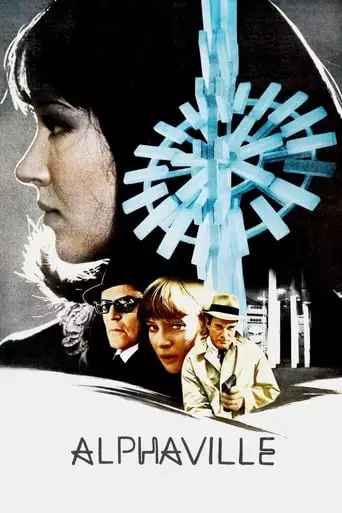
An American private-eye arrives in Alphaville, a futuristic city on another planet which is ruled by an evil scientist named Von Braun, who has outlawed love and self-expression.
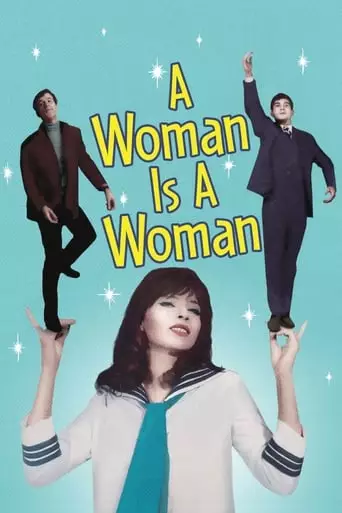
Longing for a baby, a stripper pursues another man in order to make her boyfriend jealous.
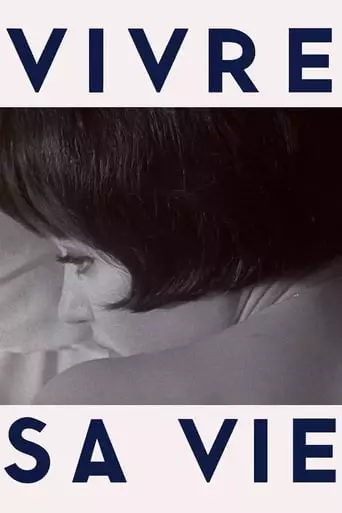
Twelve episodic tales in the life of a Parisian woman and her slow descent into prostitution.
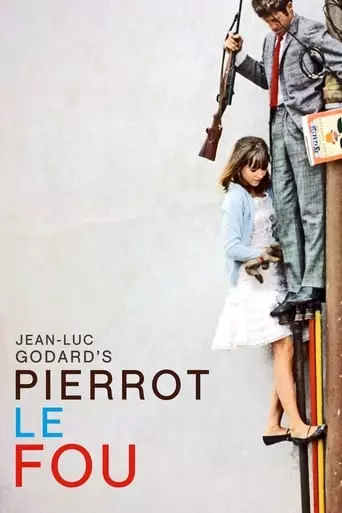
Pierrot escapes his boring society and travels from Paris to the Mediterranean Sea with Marianne, a girl chased by hit-men from Algeria. They lead an unorthodox life, always on the […]
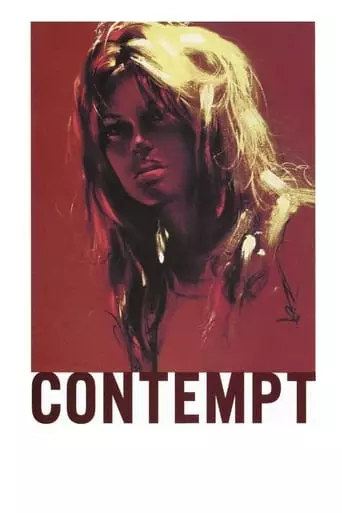
A philistine in the art film business, Jeremy Prokosch is a producer unhappy with the work of his director. Prokosch has hired Fritz Lang to direct an adaptation of “The […]
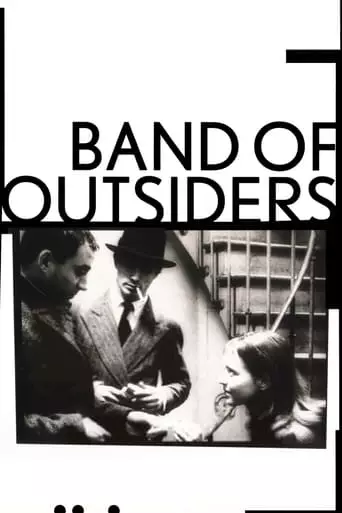
Cinephile slackers Franz and Arthur spend their days mimicking the antiheroes of Hollywood noirs and Westerns while pursuing the lovely Odile. The misfit trio upends convention at every turn, be […]
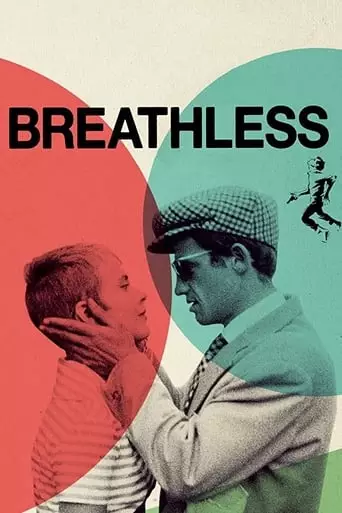
A small-time thief steals a car and impulsively murders a motorcycle policeman. Wanted by the authorities, he attempts to persuade a girl to run away to Italy with him Jean-Luc […]
Jean-Luc Godard: The Revolutionary Force of Modern Cinema
Jean-Luc Godard, a pioneer of the French New Wave, remains one of the most influential and revolutionary filmmakers in the history of cinema. With his avant-garde approach to storytelling, radical editing techniques, and philosophical explorations of art, society, and politics, Godard reshaped the language of film and inspired generations of directors worldwide.
Early Life and Influences
Jean-Luc Godard was born on December 3, 1930, in Paris, France, and spent much of his early life in Switzerland. His family’s bourgeois background contrasted sharply with his later bohemian lifestyle and radical artistic inclinations.
In the late 1940s, Godard returned to Paris, immersing himself in the city’s vibrant film culture. He became a regular at the Cinémathèque Française, where he encountered the works of Alfred Hitchcock, Orson Welles, Jean Renoir, and other masters of classical cinema. This cinephilic passion led him to join the influential film journal Cahiers du Cinéma, alongside future New Wave directors François Truffaut, Éric Rohmer, and Jacques Rivette.
As a critic, Godard championed the idea of the director as an auteur—a visionary artist whose personal style and thematic preoccupations define their work. This philosophy would underpin his own groundbreaking films.
The Birth of the French New Wave
Godard made his directorial debut with Breathless (À bout de souffle, 1960), a film that would become a cornerstone of the French New Wave movement.
Innovative Techniques: Breathless broke cinematic conventions with its jump cuts, improvised dialogue, and handheld camera work. These techniques gave the film a raw, kinetic energy that felt revolutionary at the time.
Thematic Exploration: The film follows a young criminal (Jean-Paul Belmondo) and his American girlfriend (Jean Seberg) in a tale of love, betrayal, and existential freedom. It reflected Godard’s fascination with American culture while critiquing its materialism and superficiality.
The success of Breathless established Godard as a major force in world cinema, and he quickly followed it with a series of equally innovative films, including A Woman Is a Woman (1961), Vivre sa vie (1962), and Contempt (1963).
Godard’s Radical Shift
By the mid-1960s, Godard’s work became increasingly political, reflecting his growing disenchantment with traditional narrative forms and bourgeois values.
Alphaville (1965): A dystopian science fiction film that blends noir aesthetics with critiques of technology and dehumanization.
Pierrot le Fou (1965): A road movie and love story infused with surrealism, existential angst, and Godard’s signature deconstruction of cinematic tropes.
Weekend (1967): A biting satire of consumerism and societal collapse, famous for its provocative long takes and chaotic energy.
In 1968, Godard became deeply involved in the political upheavals sweeping France and aligned himself with Marxist and Maoist ideologies. This period saw him collaborate with Jean-Pierre Gorin on overtly political and experimental works, such as Tout va bien (1972), which critiqued capitalism and explored the role of labor in society.
The Video Era and Late Career
In the 1970s, Godard began experimenting with video technology, embracing its potential for creating intimate, fragmented works. His films from this period often challenged audiences with their dense, essayistic structure and thematic complexity.
Histoire(s) du cinéma (1988–1998): A monumental video project, this series explores the history of cinema as both an art form and a cultural artifact, blending archival footage, voiceover narration, and philosophical reflections.
Goodbye to Language (2014): A bold exploration of cinema’s potential in the digital age, this 3D film fragmented traditional storytelling into poetic and abstract sequences.
Godard’s later works, such as The Image Book (2018), continued his lifelong interrogation of the relationship between images, language, and ideology.
Themes and Style
Godard’s films are marked by their intellectual rigor and willingness to experiment. Key elements of his style include:
Breaking the Fourth Wall: Characters frequently address the audience directly, blurring the boundaries between fiction and reality.
Nonlinear Storytelling: Godard often eschewed traditional narrative structures in favor of episodic or fragmented storytelling.
Political Engagement: His films grapple with issues such as capitalism, imperialism, gender dynamics, and the role of art in society.
Intertextuality: Godard’s films are filled with references to literature, philosophy, and other films, creating a layered and self-aware cinematic experience.
Legacy and Influence
Jean-Luc Godard’s impact on cinema is immeasurable. He inspired countless filmmakers, including Martin Scorsese, Quentin Tarantino, Jim Jarmusch, and Wong Kar-wai, who adopted his radical techniques and thematic boldness. The French New Wave itself remains a defining moment in film history, with Godard as one of its most enduring figures.
Despite polarizing audiences with his later experimental works, Godard remained a vital, provocative artist until his death on September 13, 2022, at the age of 91.
Conclusion
Jean-Luc Godard was more than just a filmmaker—he was a philosopher, an iconoclast, and a relentless innovator who constantly challenged the medium of cinema. From the audacious energy of Breathless to the profound meditations of The Image Book, Godard’s films continue to provoke, inspire, and redefine the possibilities of storytelling. He will forever be remembered as one of cinema’s greatest revolutionaries.